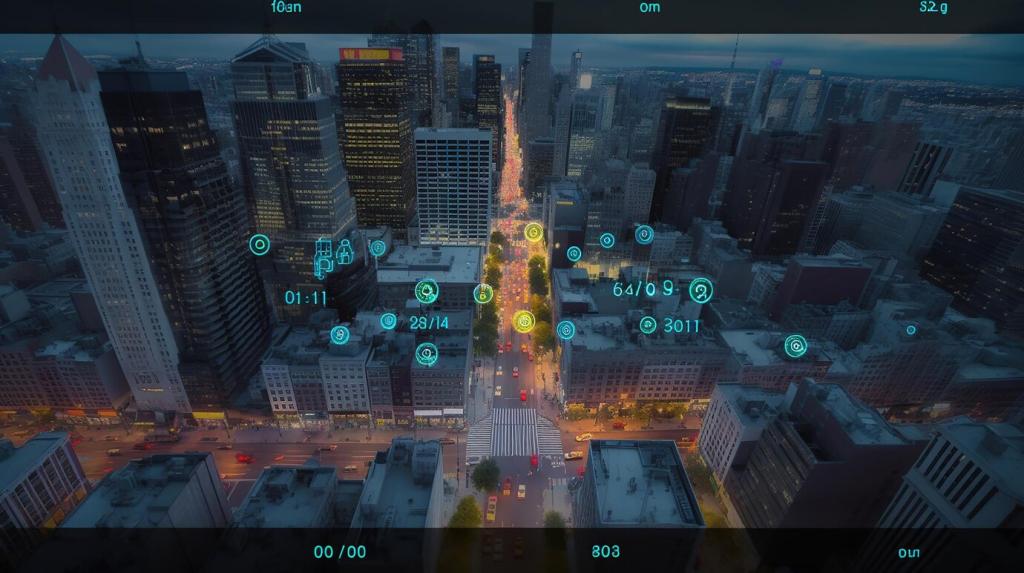AI-Assisted Home Lighting Automation: Bright Ideas for Smarter Living
Our chosen theme today: AI-Assisted Home Lighting Automation. Step into a home that understands your rhythms, lights your moments with intention, and saves energy while feeling beautifully, unmistakably you.

By noticing when you wake, brew coffee, and open curtains, AI gradually brightens warm-to-cool tones that align with your circadian rhythm, helping you feel alert without harsh glare or disruptive jolts of brightness.

Designing Scenes That Feel Like You
Soft amber tones at table height encourage eye contact and calm breathing. Over a few evenings, AI nudges brightness based on your family’s chatter and meal duration, landing on a glow that supports lingering conversations.
For focused tasks, AI blends cooler whites with minimal glare, then cycles micro-dimming breaks every hour. These subtle shifts reduce eyestrain and remind you to move, without jolting you out of concentration or flow.
As soon as your TV app launches, AI dims the perimeter, leaves gentle path lighting for snacks, and prevents sudden notifications from flooding the room. When credits roll, it restores a cozy post-film ambiance automatically.

Select dimmable, high-CRI bulbs for accurate color rendering, especially in kitchens and studios. Smart fixtures that support tunable white offer smoother circadian adjustments, while enclosed fixtures benefit from bulbs designed for heat tolerance.
Hardware Essentials and Compatibility
Voice, Apps, and Automation Logic
Natural Voice Commands That Understand Context
Instead of memorizing scene names, ask for outcomes: “Set a calm reading light” or “Brighten the hallway to 30%.” AI maps intent to precise settings, learning your phrasing and reducing awkward command repetition.
Smart Triggers That Don’t Get Annoying
Combine presence, time, and ambient light so hall lights don’t trigger at noon. AI watches for repeated manual overrides and refines rules, preventing loops, ping-pong brightness, or lights waking pets at odd hours.
Manual Overrides as Training Signals
Every time you tweak a dimmer or color, AI treats it as feedback. Over days, your adjustments shape future behavior, keeping automation flexible and respectful of changing tastes and schedules.
Energy Efficiency Without Sacrificing Comfort

By measuring indoor lux levels, AI trims artificial light when daylight suffices. The change is subtle but steady, cutting waste while preserving ambiance, especially in rooms with generous windows and reflective surfaces.
Security, Privacy, and Reliability
Running scene logic on a local hub reduces latency and protects data. AI can learn from patterns without shipping raw presence details to the cloud, keeping your daily rhythms where they belong—at home.




Your Turn: Start, Share, and Shape the Glow
Pick One Room to Pilot
Choose a room where lighting matters most—kitchen, office, or nursery. Set a goal, like calmer evenings or fewer switches. Share your first-week impressions and let others learn from your successes and surprises.


Invite Feedback from Your Household
Ask everyone how the lighting feels at key moments. Encourage quick comments—too bright, too cool, just right. Those notes guide the AI and help the system adapt to real-life needs and preferences.
